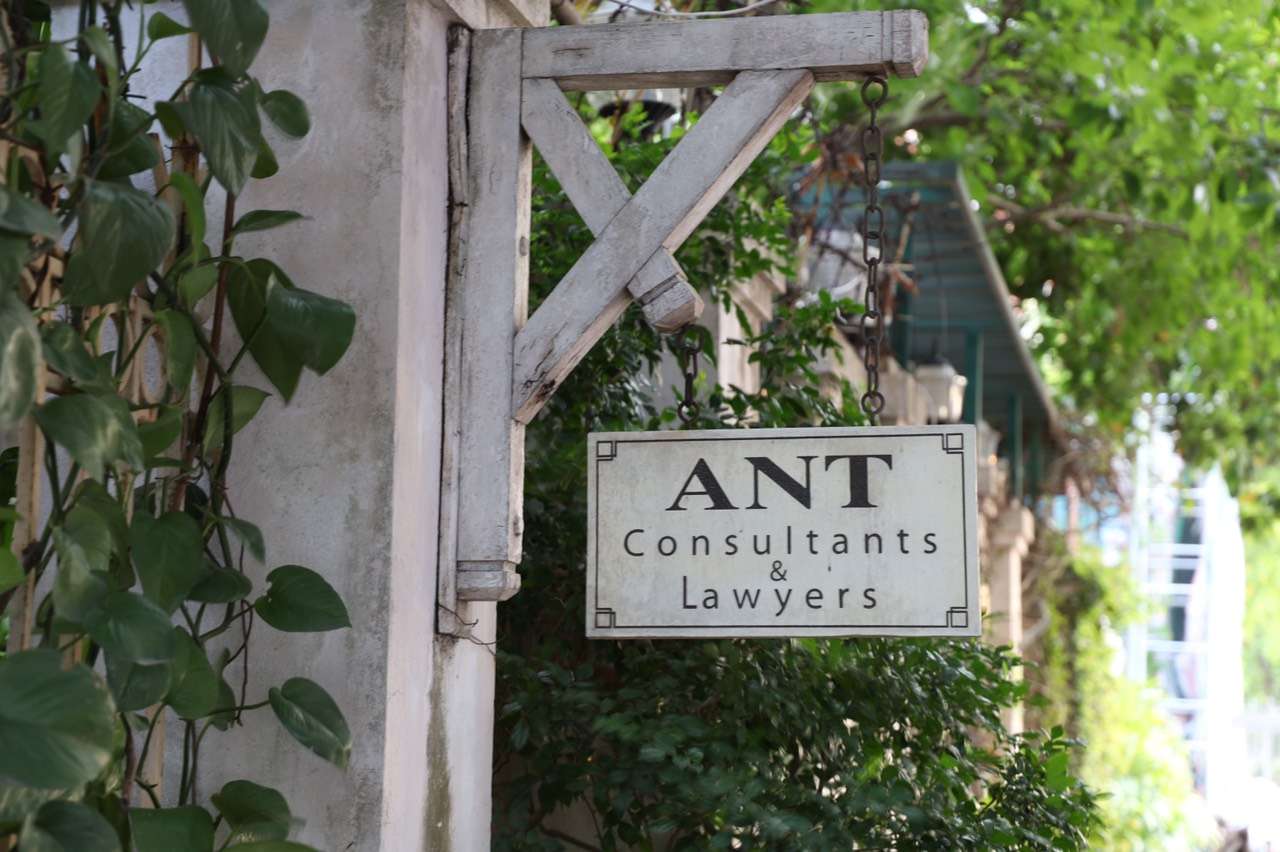In the complicated situation of the Covid-19 epidemic, the Government continued to implement policies to restrict entry to Vietnam, thus many transactions were canceled or delayed. That has caused many obstacles for foreign individuals and organizations wishing to perform transactions in Vietnam. We refer to the transfer of home ownership for foreign individuals who cannot enter Vietnam to participate in signing transfer contracts and other related transactions i.e. sell or buy an apartment or a house located in Vietnam.
Pursuant
to the law on housing, foreign organizations and individuals have the right to
own house in Vietnam, before the time limit of the homeownership, the homeowner
is entitled to gift or sell their house(s) to entities eligible for the
homeownership in Vietnam; if not, their house(s) shall be under ownership of
the State. Regarding the house ownership term, if a foreign organization or
individual sells or gifted to a domestic organization, household, individual,
or a Vietnamese citizen residing overseas, the buyer or recipient will acquire
a long-term ownership of the house. If the house is sold to a foreign
organization or individual eligible to own housing in Vietnam, the buyer or
recipient may own the house for the remaining period. When this period expires,
if the owner wishes to have this period extended, the State shall consider
granting an extension. The seller or giver must pay tax and other amounts to
state budget as prescribed by Vietnam’s law.
In
accordance with the law on housing transactions, the seller or transferor of
the commercial house sale and purchase contract must meet the following
conditions:
He/she
is the homeowner, or the person permitted and authorized by the homeowner to
enter into housing as prescribed in this Law and law on civil; if the agreement
of commercial housing is transferred, he must be the buyer for housing of the
investor or the transferee of the agreement on housing sale;
If
the entity is a person, he must have full civil capacity to enter into transactions
in housing as prescribed in law on civil; if the entity is an organization, it
must have legal personality.
Article
195 of the 2015 Civil Code stipulates: “A person who is not an owner of
property has the right to dispose of property only under the authorization of
the owner or according to the provisions of law.”
Clause
2 Article 55 of the Law on Notarization 2014 stipulates: “In case both the
authorizing party and authorized party cannot appear together at the same
notarial practice organization, the authorizing party shall request the
notarial practice organization of the place of residence of the authorizing
party to notarize the authorization contract; the authorized party shall
request the notarial practice organization of the place of residence of the
authorized party to further notarize the original of this authorization
contract and complete procedures for notarization of the authorization
contract.”
In
order to perform the house purchase and sale transaction or in other words to
buy an apartment or sell a house in Vietnam, the parties to the house
transaction need to agree to make a sale contract or a document on the transfer
of a commercial house sale and purchase contract. In case a foreign house owner
cannot enter directly to sign a contract, he/she may authorize another
individual or organization in Vietnam to perform instead. However, the
authorization document needs to be notarized at the competent authority. In
case a power of attorney is notarized at a competent agency in a foreign
country, it is required to be notarized, legalized, and authenticated in
accordance with regulations of the foreigner country (apostille) before that document
can be used in Vietnam.
ANT
Lawyers is a law firm in Vietnam
located in the business centers of Hanoi, Danang, Ho Chi Minh city. We provide
convenient access to our clients. Please contact our lawyers in Vietnam for
advice via email ant@antlawyers.vn or call our office at +84 28 730 86 529






















.jpg)
.jpg)
.jpg)

.jpg)